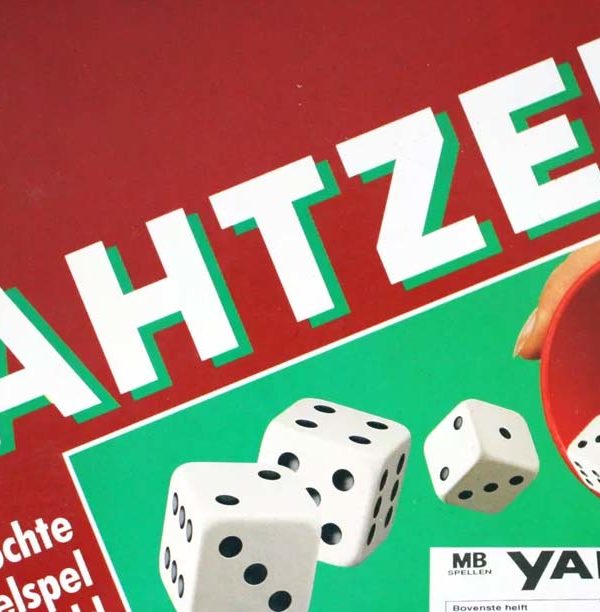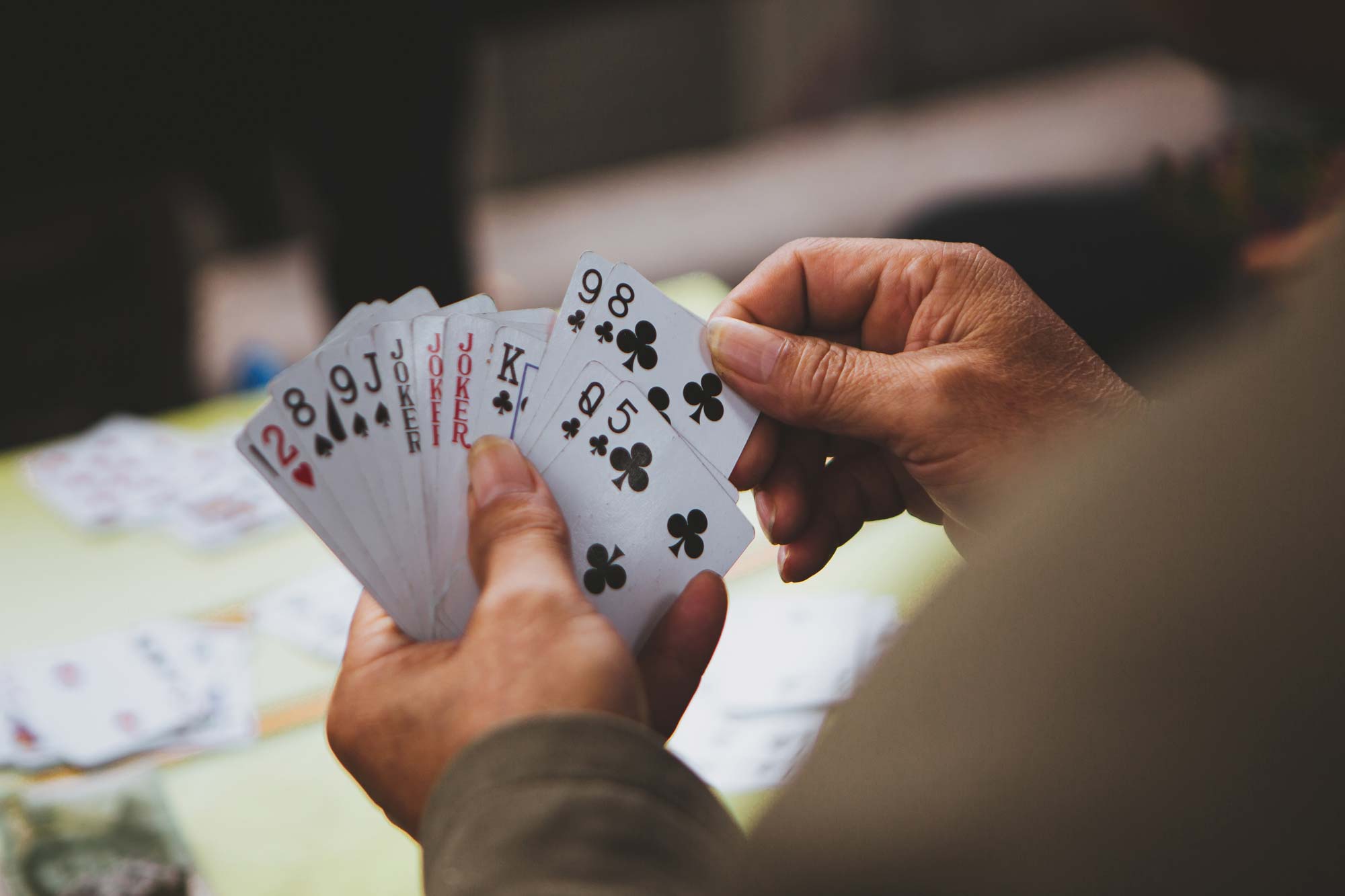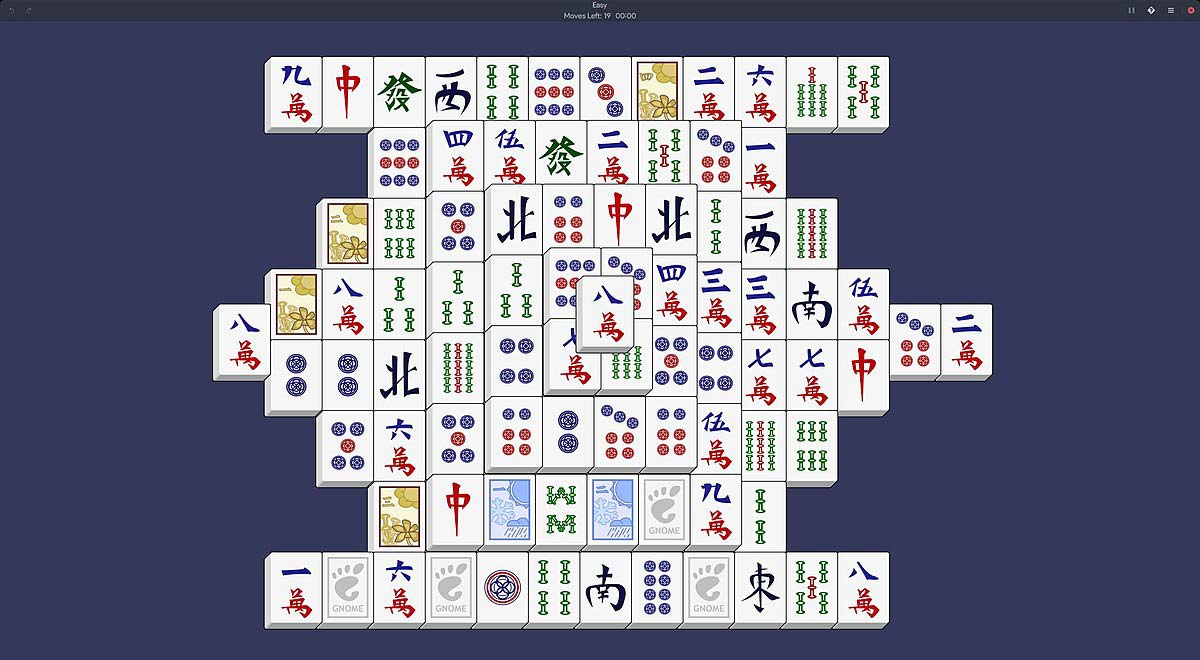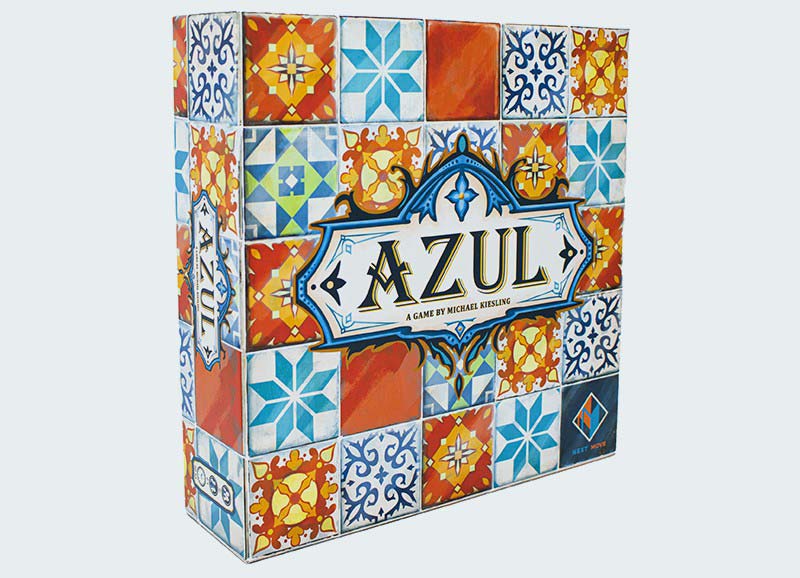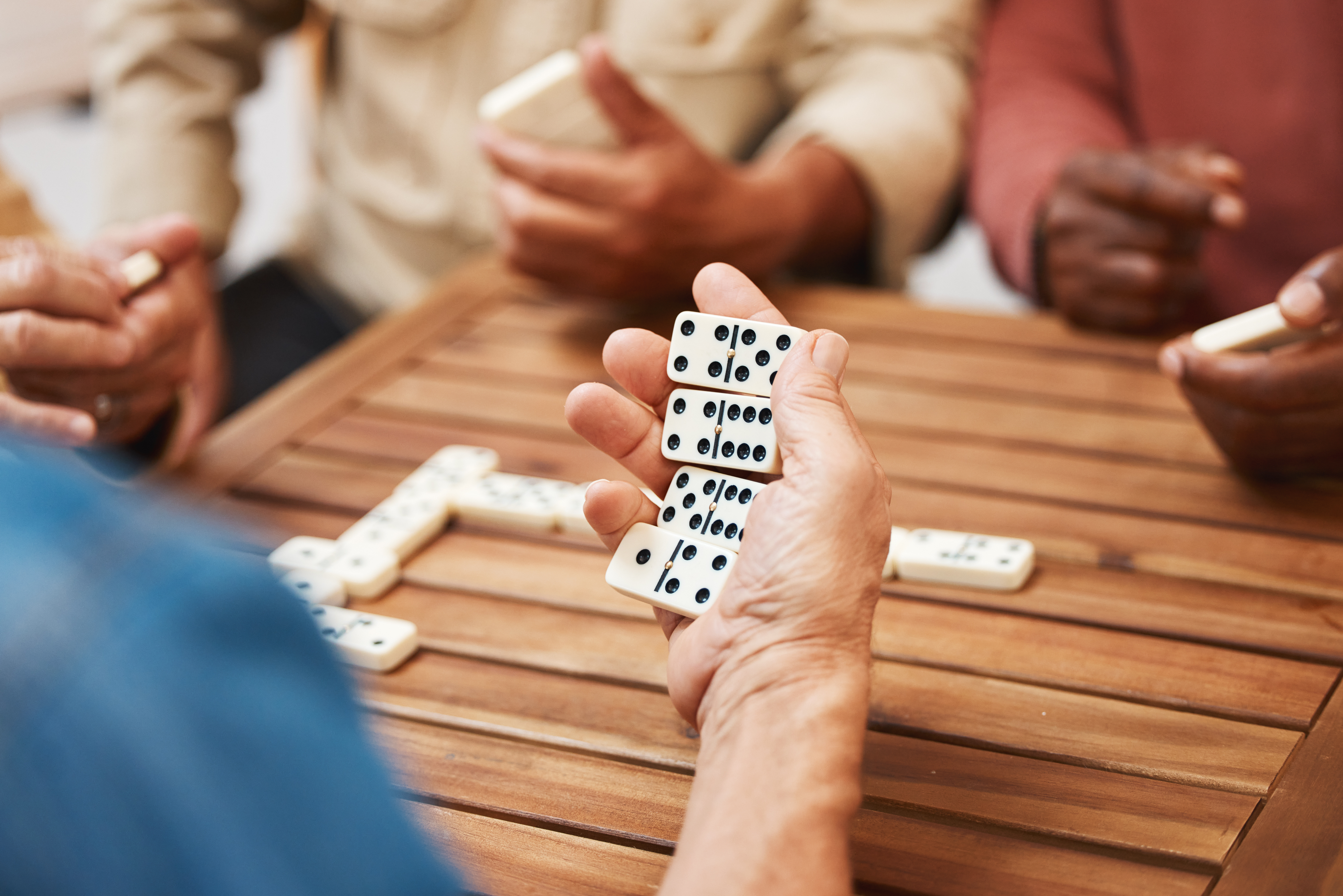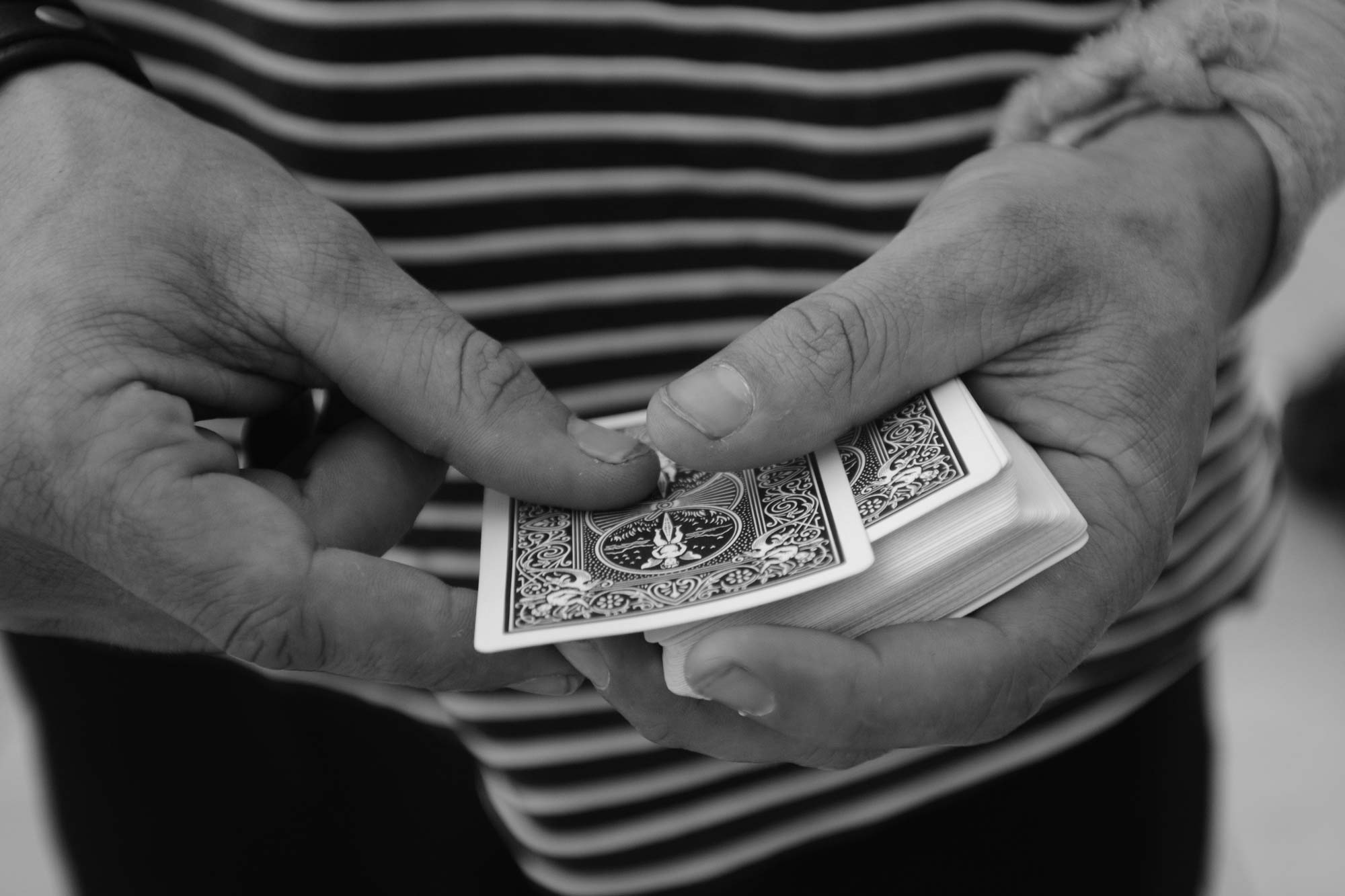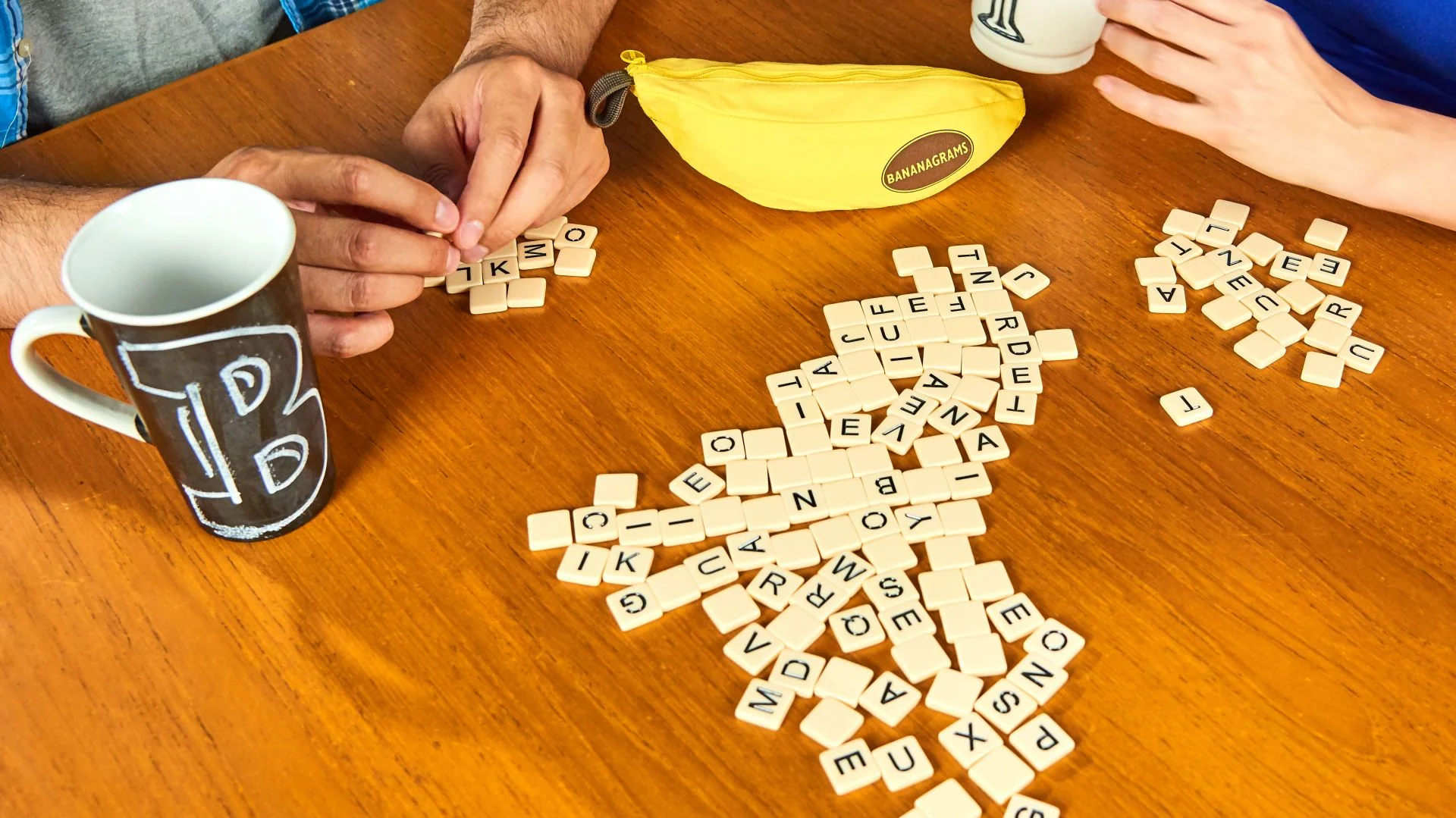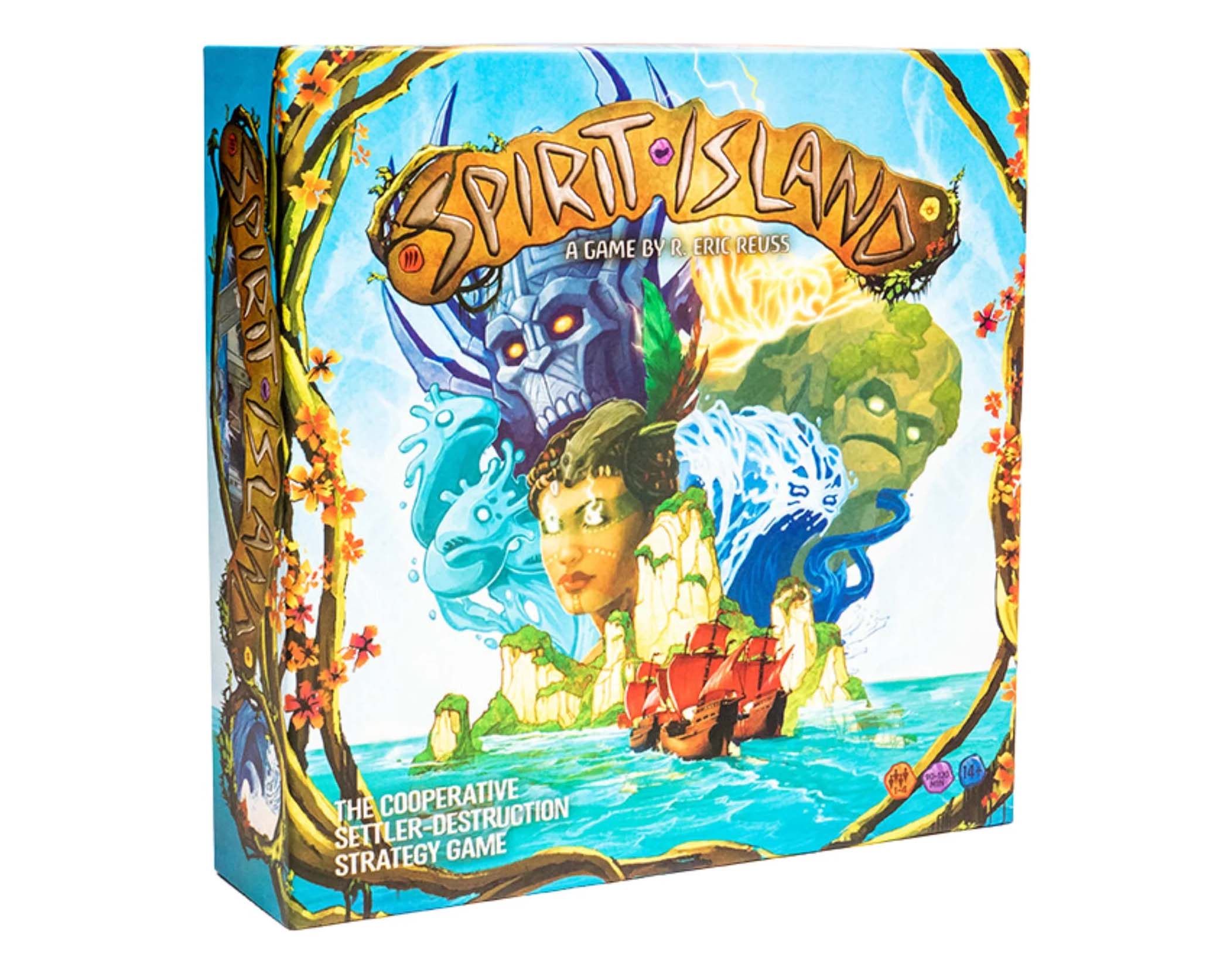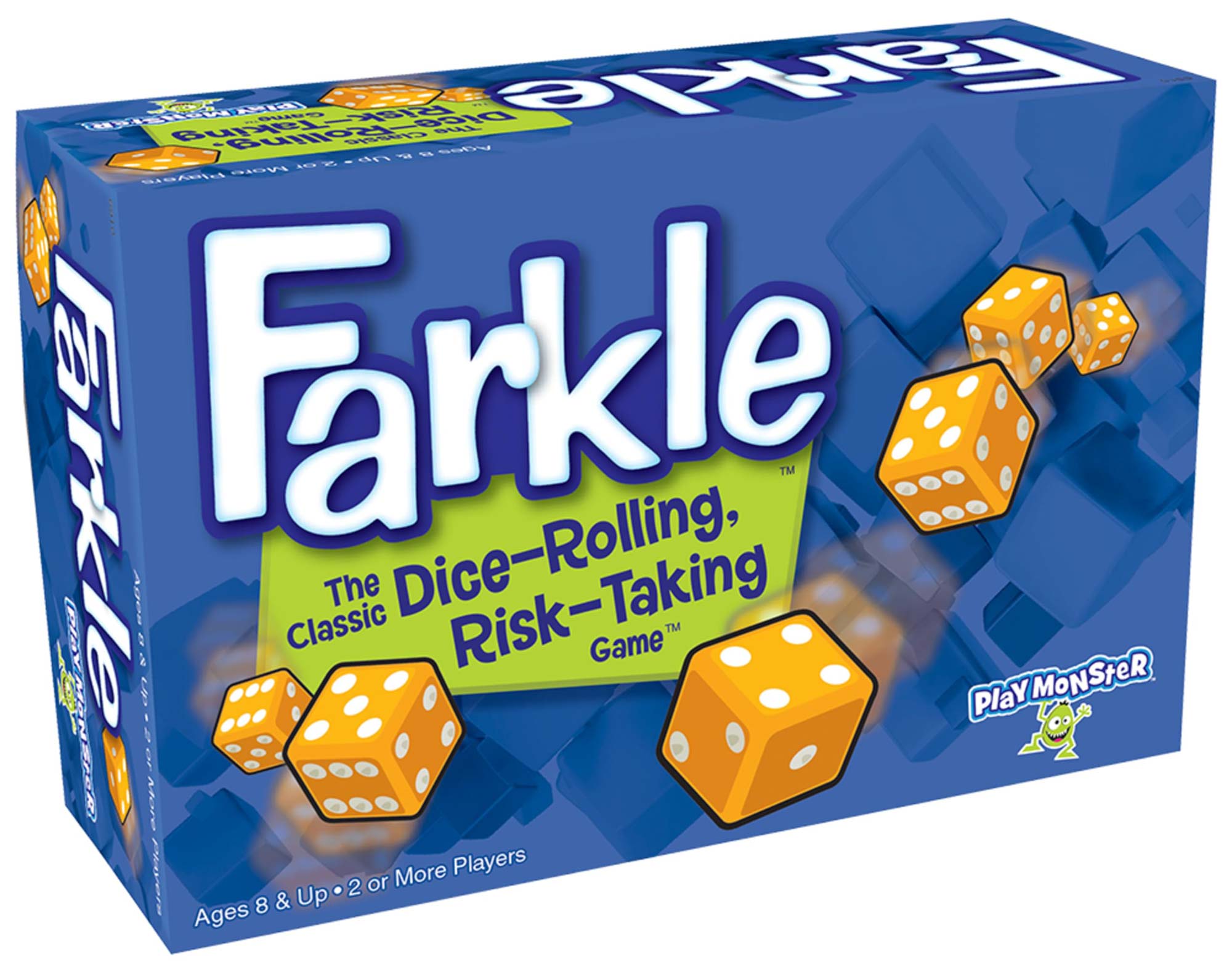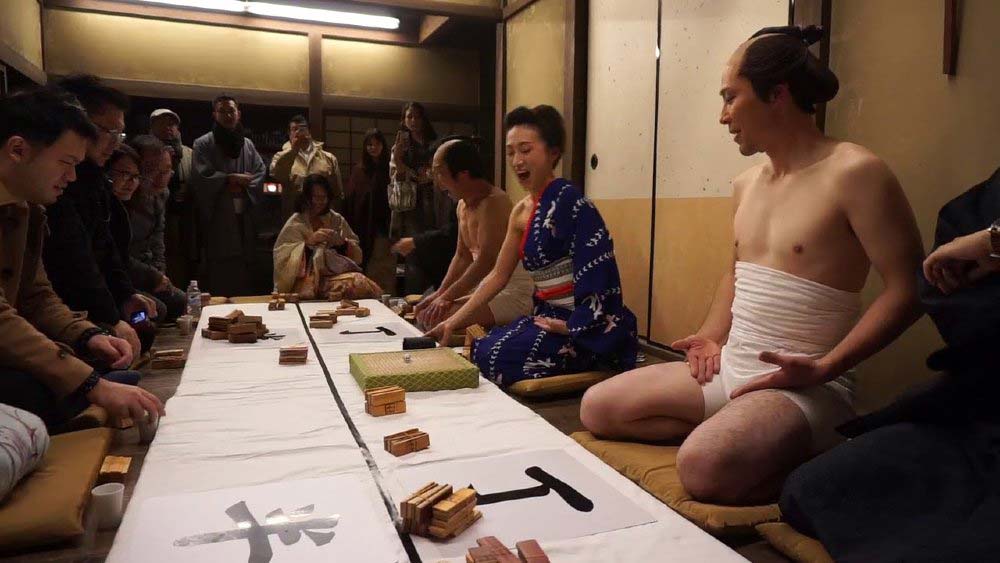
Imagine a game where the roll of the dice brings both excitement and a touch of tradition. Welcome to Cho Han, a classic Japanese game that has entertained people for centuries with its straightforward yet captivating gameplay. Whether you’re at a festival or a family gathering, Cho Han offers a delightful mix of luck and social interaction. Ready to roll the dice and make your guess? Let’s dive into the world of Cho Han.
Country of Origin: Japan
Date of Origin: Ancient times
Regions popular in: Japan, East Asia
Family: Dice games
Also Known As: Chō-Han Bakuchi, Even-Odd
Variants: N/A
Game Rules
Objective of the Game: Guess whether the sum of two dice will be odd (Cho) or even (Han).
Number of Players: 2 or more (recommended 3-6)
Dice Information: Two six-sided dice
Setup
Players gather around a small table or mat. One player, known as the dealer, takes two dice and a bowl or cup to cover them.
Basic Gameplay
The dealer shakes the dice in the cup and places it upside down on the table, hiding the result. Players then place their bets on whether the sum of the dice will be odd (Cho) or even (Han). Once all bets are placed, the dealer reveals the dice. Winning players receive their payout, while losing bets are collected by the dealer.
Winning Conditions
Players win by correctly guessing whether the sum of the dice is odd or even.
Key Terms
Cho: The Japanese word for “even,” indicating that the sum of the dice will be an even number.
Han: The Japanese word for “odd,” indicating that the sum of the dice will be an odd number.
Dealer: The player who rolls the dice and manages the bets.
Strategy and Tips
Cho Han is a game of pure chance, but understanding basic probability can enhance your gameplay. Since the outcome is equally likely to be odd or even, betting strategies often focus on managing your wagers and knowing when to take risks. Keep the atmosphere light and enjoy the social interaction—Cho Han is as much about the experience as it is about winning.
Historical Background
Cho Han has its roots in ancient Japan, where it was traditionally played during festivals and social gatherings. The simplicity of the game made it accessible to people of all ages and backgrounds. Over time, Cho Han became a staple in Japanese culture, often depicted in films and literature as a symbol of chance and luck. Its enduring popularity speaks to its timeless appeal and cultural significance.
Popularity and Cultural Impact
Cho Han’s charm lies in its straightforward rules and the excitement of each roll. It’s a game that brings people together, fostering a sense of community and shared experience. From traditional festivals to modern gatherings, Cho Han remains a beloved pastime in Japan and has found a niche among dice game enthusiasts worldwide. Its presence in popular culture, including movies and anime, has helped maintain its cultural relevance.
Legends and Funny Stories
Cho Han is known for its memorable moments and colorful tales. One famous story involves a group of friends who played Cho Han at a festival, only to have their game interrupted by a sudden rainstorm, turning their bets into a soggy mess. Another tale tells of a player who consistently guessed correctly for an entire evening, earning the nickname “The Fortune Teller.” These stories and many more add to the charm and allure of Cho Han, making each game a potential legend.
Conclusion
Cho Han is more than just a game—it’s a blend of tradition, chance, and timeless fun. Whether you’re a seasoned player or new to the game, the thrill of each roll and the joy of social interaction make Cho Han a timeless favorite. So, gather your friends, place your bets, and get ready for an unforgettable game of Cho Han. Remember, every roll brings a new chance for excitement and victory. Let the good times roll!

